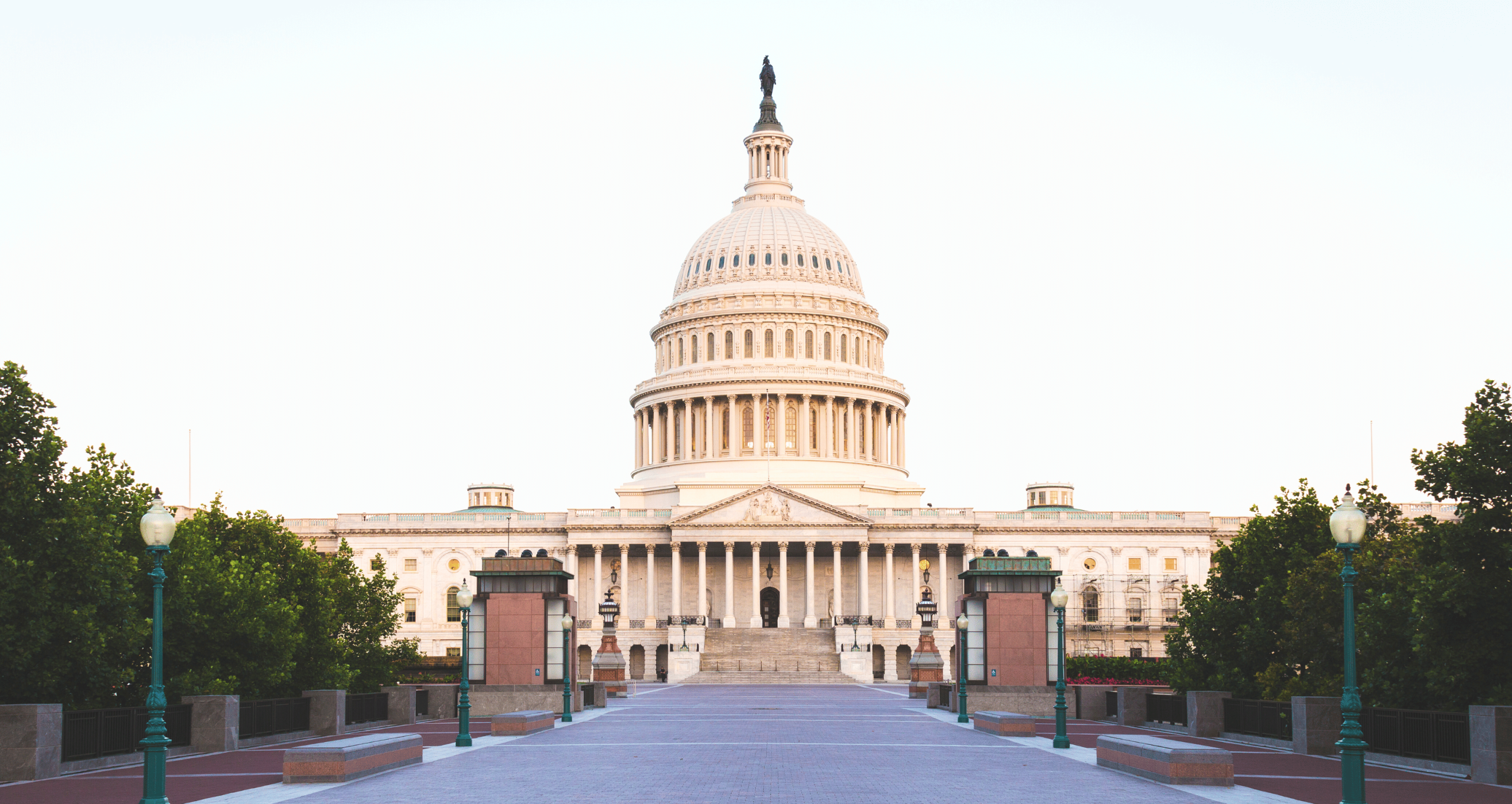CDC Issues Updated COVID Guidance for Specific Congregate Community Settings
The Centers for Disease Control and Prevention (CDC) published an updated “Guidance on Management of COVID-19 in Specific Congregate Community Settings,” with one set of guidance applicable to homeless shelters and correctional facilities, and another for assisted living, group homes and other residential care settings, excluding nursing homes (nursing homes received their own updated guidance on Sept. 23 as part of an update for healthcare settings.)
Overall, the new guidance rolls back some of the previously more stringent recommendations and requirements. Rather than recommending or requiring universal masking and social distancing, the agency now provides congregate care facilities with a framework to assess their risk of COVID-19 spread. The guidance also increases the threshold for applying enhanced prevention measures to High COVID-19 Community Level (rather than Medium) unless a given facility has unique risk levels such as older age or underlying health conditions of residents.
Outlook for Incoming 118th Congress: What It Means for Our Network
When the new Congress is sworn in on January 3, the Senate will remain under the leadership of the Democrats while the House of Representatives will have a new, slim Republican majority and new party leaders—Hakeem Jeffries (D-NY) for the Democrats and likely Kevin McCarthy (R-CA) as the new Republican Speaker.
Both chambers will see new leaders on committees with jurisdiction over issues of importance to our network, and the shift to divided Congressional control will mean a corresponding shift in priorities and what lawmakers are able to accomplish. In the Senate, the Health, Education, Labor and Pensions Committee, which has oversight over most health and human services programs, will now be led by Bernie Sanders (I-VT), with Bill Cassidy (R-LA) on the Minority side. While Sanders is known as a staunch liberal, Cassidy has a reputation for being relatively bipartisan, so onlookers are hopeful the committee can continue to be productive.
In the House, the previous leaders of the Energy and Commerce Committee, which has oversight over Medicaid, will swap places, with Cathy McMorris Rogers (R-WA) becoming Chair and Frank Pallone (D-NJ) continuing to lead the Democrats. McMorris Rogers is known for her strong focus on disability issues and has indicated her plans to work with the field to address challenges.
However, it is not yet clear who will chair the Ways and Means Committee, with oversight over Medicare and many other health and human services programs. The retirement of current chair Kevin Brady (R-TX) left a vacancy for which three Representatives are vying, but the ongoing debate among Republicans about whether to elect Kevin McCarthy as the Speaker of the House has impacted the work of the House Republican Conference Steering Committee. The body has decided not to approve chairmanships where multiple candidates are pending for the time being—and possibly not until after a speaker is elected by the new Congress on January 3. Richard Neal (D-MA) will remain in his post leading the Democratic side.
Overall, given their much narrower than anticipated margin of victory, House Republicans are likely to focus more on messaging legislation and investigations into the Biden Administration than sweeping legal changes. Nevertheless, we anticipate forward movement on bills related to the ongoing expansion of telehealth, the modernization of healthcare including technological advances, and mental health support, as well as potential action on addressing worker shortages if bipartisan agreement can be reached.
Contact Sarah Dobson for more information.
